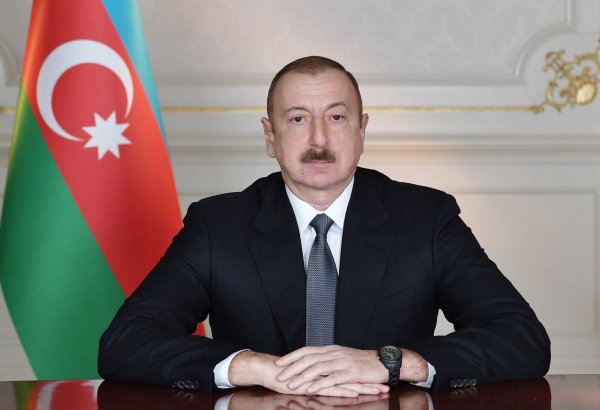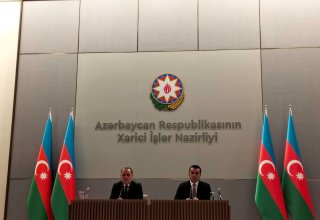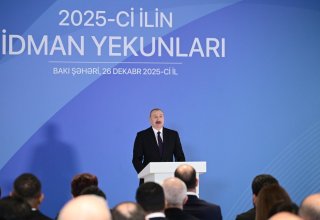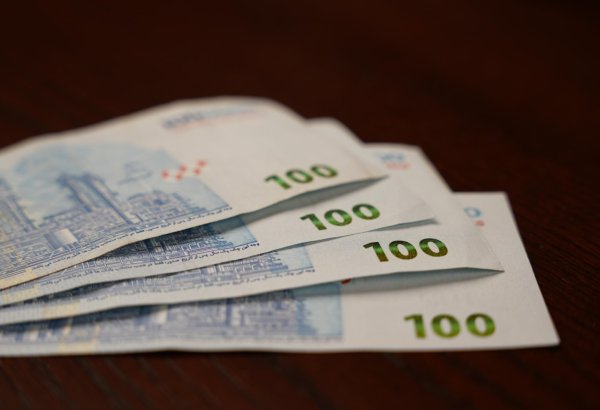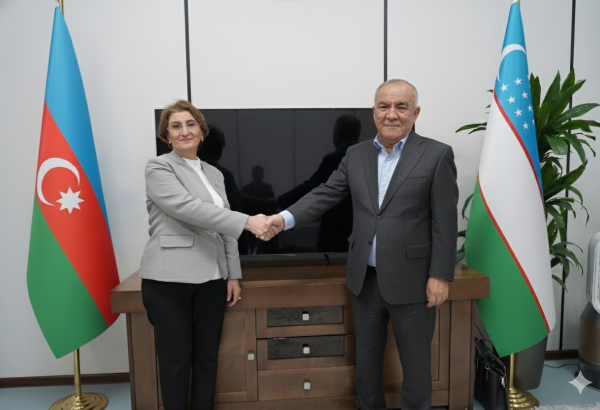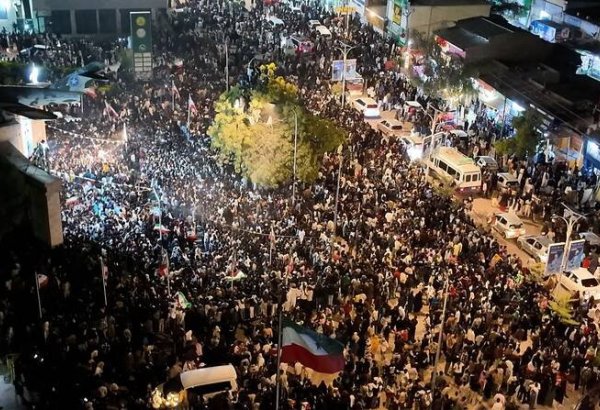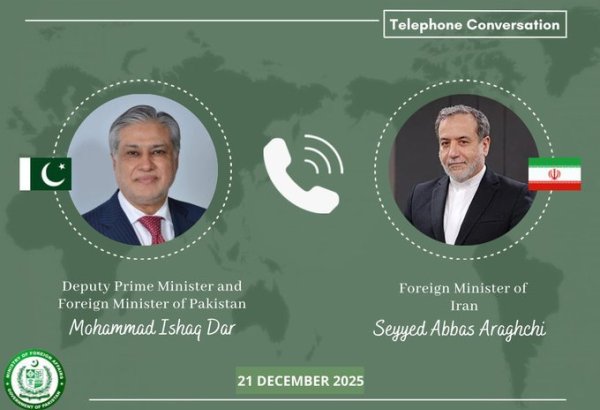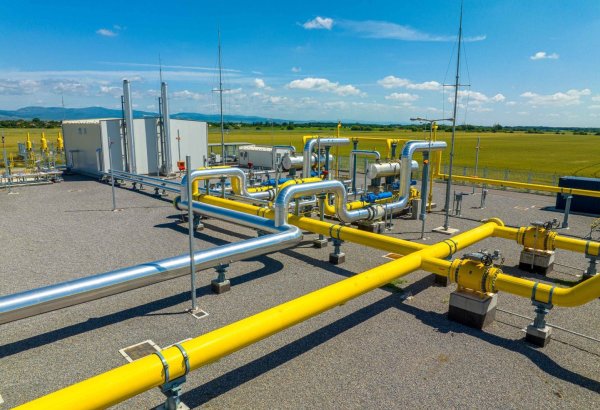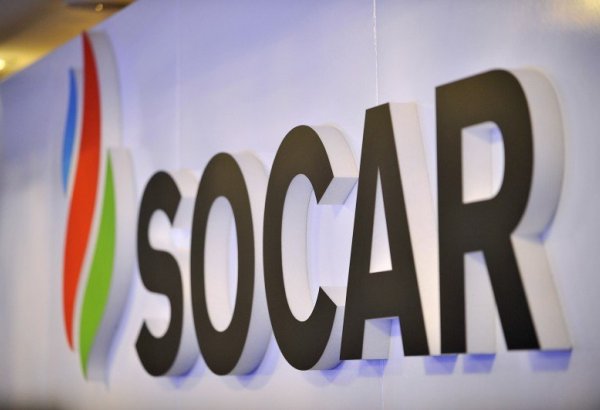BAKU, Azerbaijan, July 26. SOCAR may start selling oil products produced in third countries to Pakistan at competitive prices this year, a source in the Azerbaijani government told TurkicWorld exclusively.
"SOCAR Trading has been supplying liquefied natural gas (LNG) from third countries at favorable prices at the request of the Pakistani side since last year. This year, within the framework of expanding economic cooperation, this SOCAR Trading House plans to start supplying several demanded oil products to Pakistan. Volumes are being specified," the source noted.
According to estimates by Pakistani experts, by 2030 the deficit in oil products in Pakistan will be 9 million tons per year, and by 2035 it may increase to 14 million tons per year.
The Azerbaijani source said that the government is analyzing investment proposals received from Pakistan on several possible joint projects, but so far it considers trade in energy carriers as the closest to operational realization.
Meanwhile, the Pakistani government announced in July of this year that it had formulated proposals for Azerbaijan aimed at increasing economic cooperation.
Among the ideas are SOCAR's equity participation in Pakistan Refinery Limited (in Karachi), in the underground gas storage project, in the White Oil Pipeline, in oil gas liquefaction infrastructure, in the creation of a JV between Pakistan State Oil (PSO) and SOCAR, and SOCAR's entry into offshore and onshore exploration blocks.
Pakistani media announced on July 8 that the portfolio of investment proposals could be valued at $2–3 billion.
Pakistan has 6 refineries with a total capacity of about 20 million tons per year, but due to outdated equipment, they are operating at half capacity and cannot cover the country's needs for petroleum products.
To note, the government of Pakistan invited Azerbaijan to join an ambitious project to build a refinery in the port of Gwadar (Gulf of Oman) in the summer of 2023 with the capacity to process 0.3 million barrels of oil per day and for $10–$16 billion, but the idea was recognized in Azerbaijan as commercially inexpedient.
Chinese and Saudi Arabian companies were interested in the project, but no agreement was reached.










